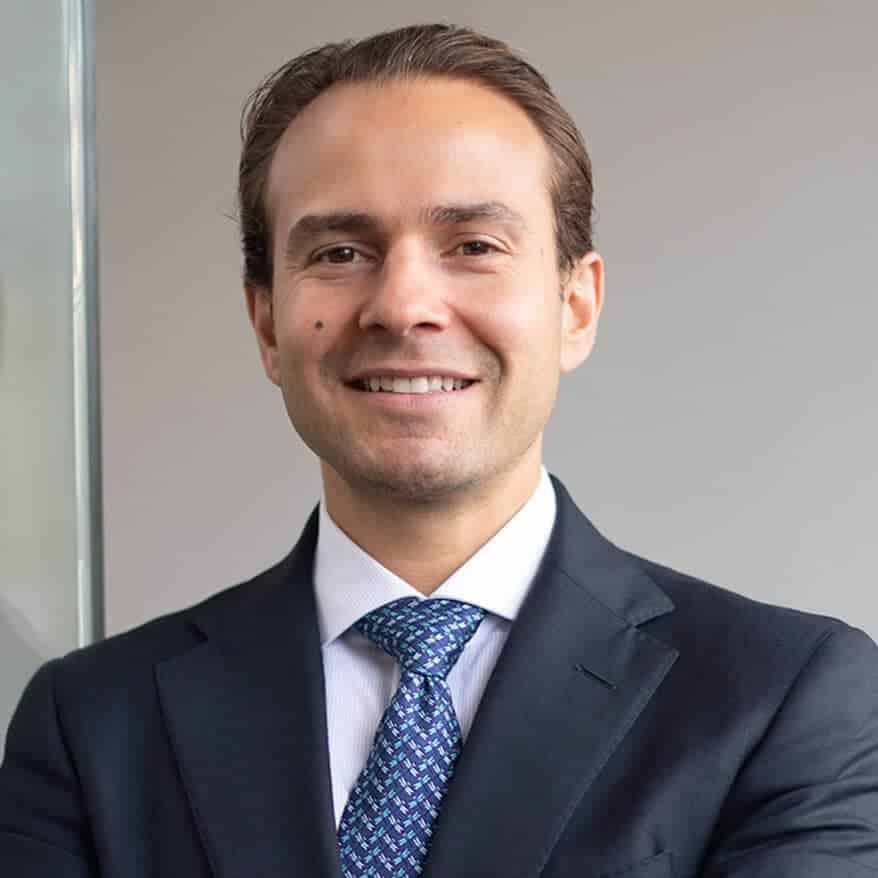Case:
Terry Moore v. Robert Blackwell, et al., No. 109685, Okla. App., Div. 2; Decision Dec. 31, 2013, Mandate issued April 29
Background:
On Sept. 1, 2007, Jerrit Moore, who was twelve-years-old at the time, was walking with a friend along an interstate service road in Norman, Okla. It was dark, and the only light came from moonlight and vehicle headlights. They were not carrying lights or wearing any reflective clothing. The boys had been walking on the road against traffic. As they approached a hill, they thought it would be safer to cross the center line to walk with the traffic. They planned to return to the other side of the road after they passed the hill. Defendant Robert Blackwell was driving on the service road when he came upon the boys walking in the middle of the road. He slammed on his brakes and swerved to the left, striking and injuring Jerrit.
Jerrit’s father filed a negligence claim against Blackwell seeking more than $10,000 in damages.
Accident Reconstruction Expert Witness:
At trial, Blackwell presented expert testimony from the investigating officer, Michael Thomson, and accident reconstruction expert witness Terry Harrison
Thomson testified that when he investigates a crash, he tries to determine who was most “at cause.” In this case, because Jerrit Moore was in the middle of the road, he was more at fault. He said he did not issue Blackwell a citation. Harrison testified that he found no negligence or fault on Blackwell’s part. He said Blackwell was driving within the speed limit, recognized a danger and reacted to it. Harrison said Blackwell acted appropriately.
The Cleveland County District Court rejected Moore’s repeated motions to exclude the experts’ testimony. The jury returned a verdict in favor of Blackwell. Moore appealed.
Admissibility Ruling:
In a split decision, the Oklahoma Court of Appeals panel stated that the testimony circumvented the well-understood holding in Gabus v. Harvey (1984 OK 4, 678 P.2d 253) because it spoke to the ultimate issue in the case — negligence and the cause of the accident.
Writing for the majority, Judge Jane P. Wiseman said, “The ultimate opinions of these two witnesses that Blackwell was fault-free and that Jerrit Moore’s negligence caused the collision are not opinions requiring special skill or knowledge, nor do such opinions constitute technical matters requiring special skill to interpret the evidence and reach a conclusion. This case involves facts comprehensible by anyone who has walked on a roadway or driven an automobile at night and encountered pedestrians or other hazards in the roadway.”
In a dissenting opinion, Judge John Fischer said that Gabus has been abrogated and is no longer the law in Oklahoma. The Oklahoma Supreme Court adopted Daubert v. Merrell Dow Pharms. (509 U.S. 579, 113 S. Ct. 2786, 125 L. Ed. 2d 469 [1993]) in Christian v. Gray (2003 OK 10, 53, 65 P.3d at 611). It then applied that expert admissibility standard in Covel v. Rodriguez (2012 OK 5, 272 P.3d 705), Judge Fischer said.
In Covel, the Supreme Court said it was not error to admit testimony from the investigating officer about the cause of an accident, Judge Fischer wrote.
The panel remanded the case for further proceedings. The Oklahoma Supreme Court denied certiorari on April 7.


